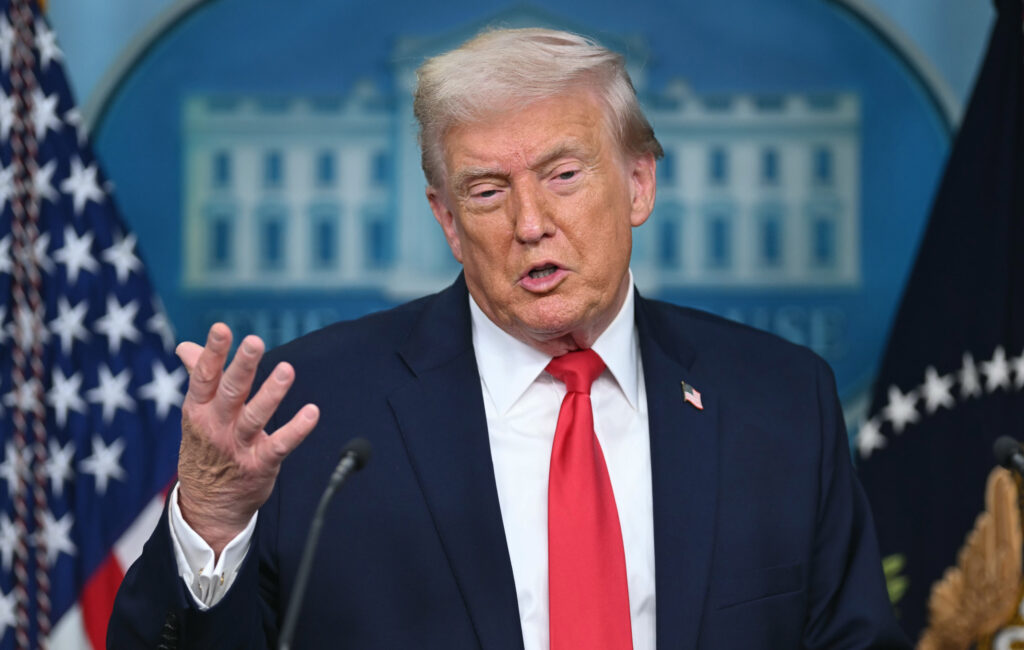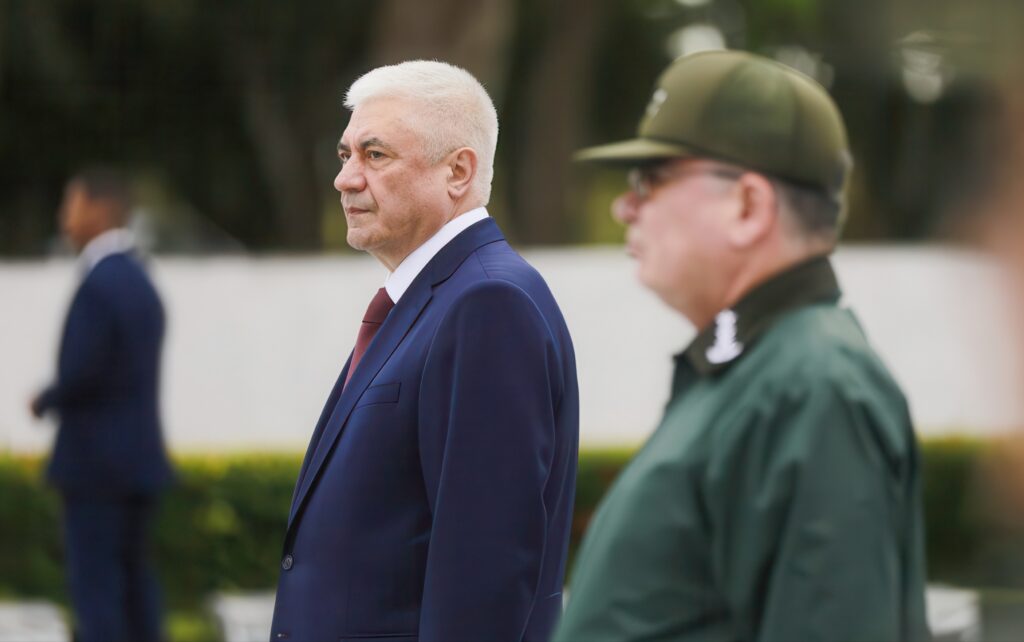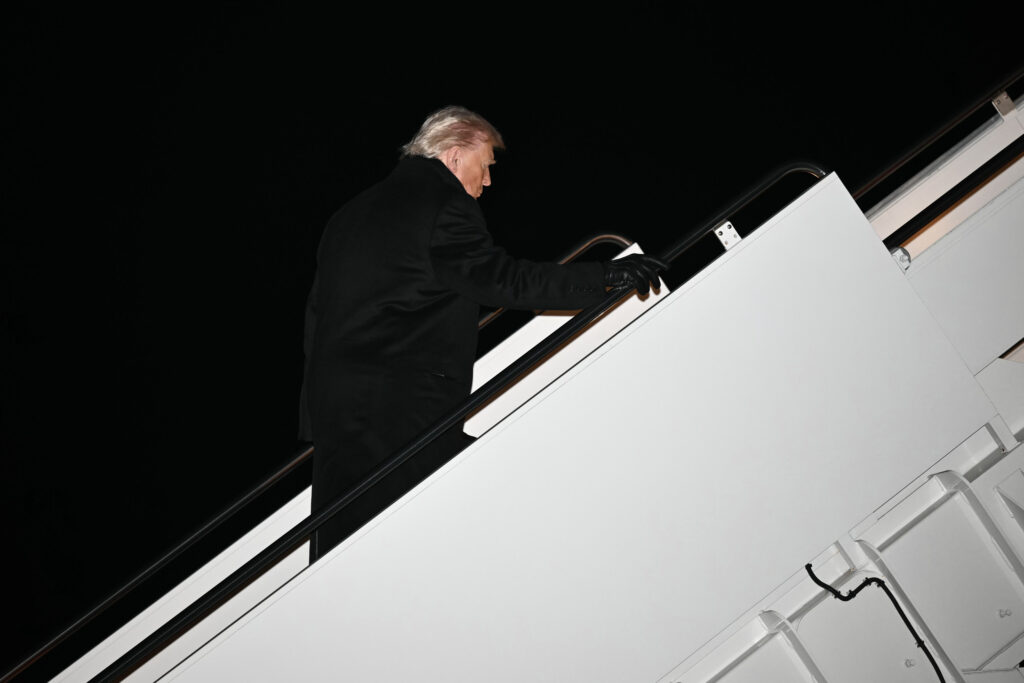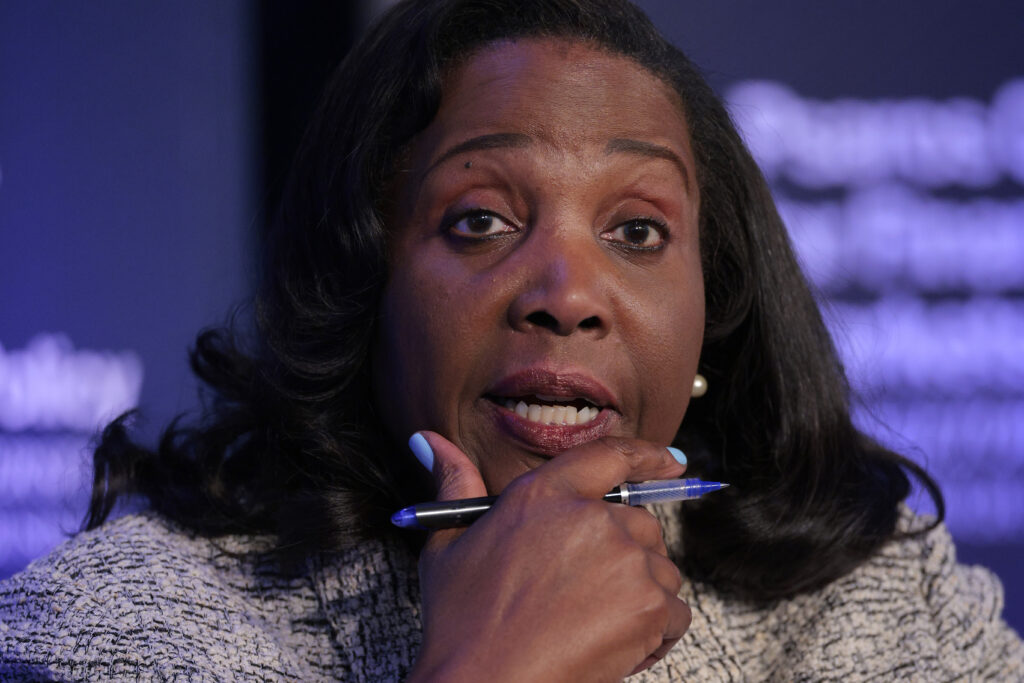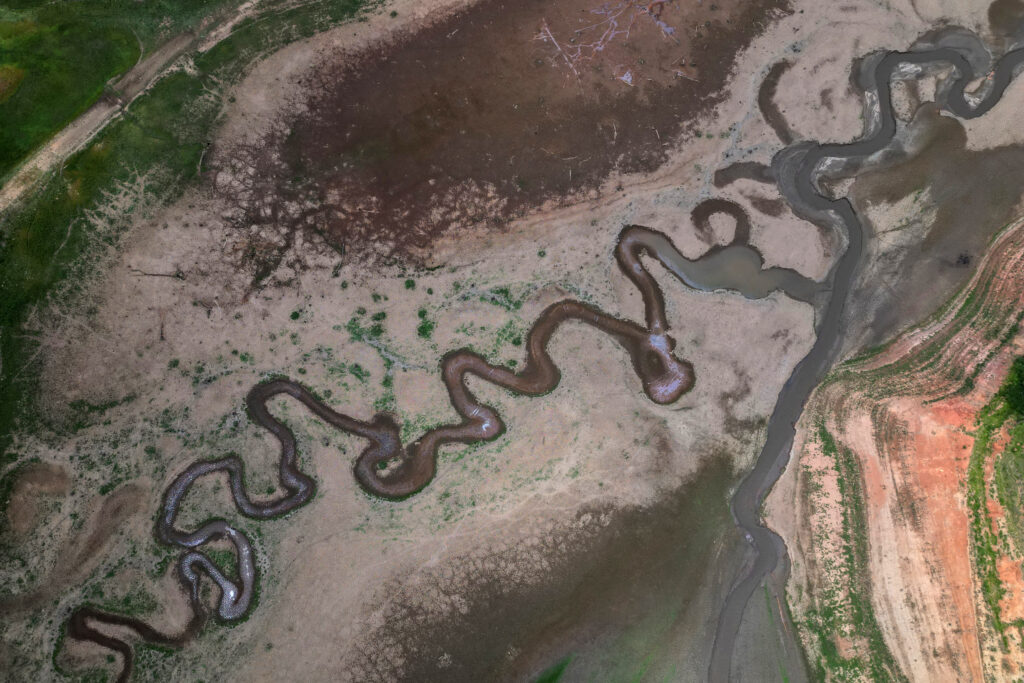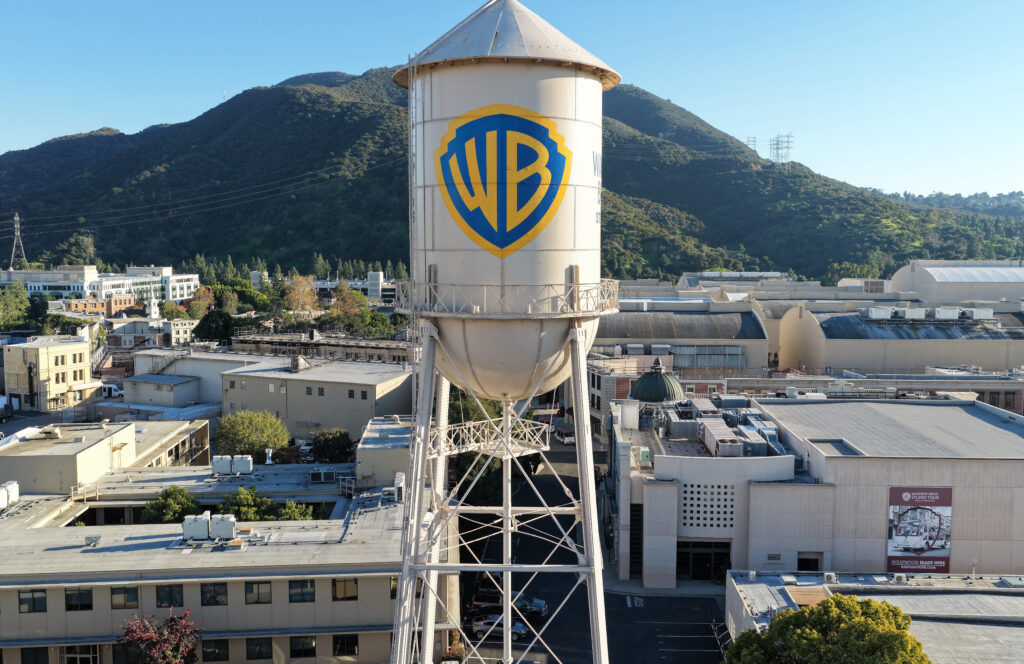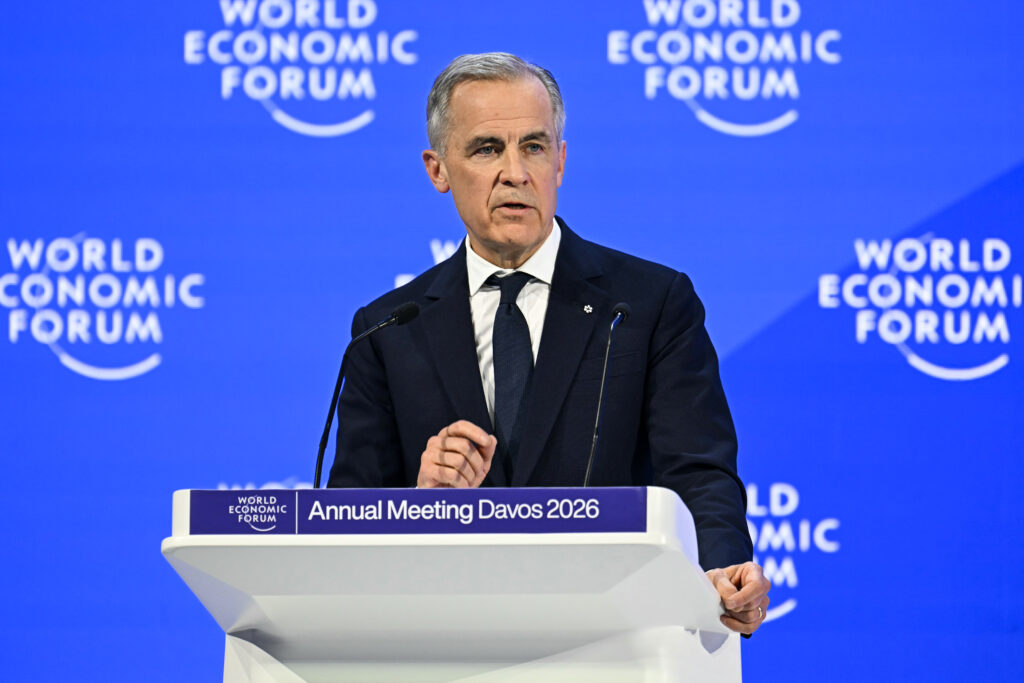Trump heads for Davos maelstrom over Greenland
US President Donald Trump descends on Davos for a showdown with European leaders Wednesday as his bid to seize Greenland threatens to tear the transatlantic alliance apart.Trump — whose arrival in Davos was delayed when a “minor electrical issue” forced his presidential jet to turn back shortly after takeoff — mocked the Europeans a day before heading to the World Economic Forum over the fate of the autonomous Danish territory.But leaders gathered at the Swiss ski resort have closed ranks against Trump’s aggressive stance, with French President Emmanuel Macron vowing to stand against “bullies” and Canada’s Mark Carney warning of a “rupture, not a transition” to the US-led global order.The united stand drew a rebuke from Trump’s Treasury chief Scott Bessent, who told Europeans to “take a deep breath”.”Do not have this reflexive anger that we’ve seen and this bitterness,” Bessent told reporters in Davos hours before Trump’s arrival. “Why don’t they sit down, wait for President Trump to get here and listen to his argument,” he said.Trump, who was originally scheduled to give a speech to the annual gathering of the world’s economic and political elite at 2:30 pm (1330 GMT), will be about three hours late to Davos, Bessent said, after the president was forced to switch planes.Trump said he would have a number of meetings on Greenland at Davos, as his designs on the vast island open the biggest rift between Washington and Europe in decades.Asked how far he was prepared to go to acquire Greenland from Denmark, a fellow NATO member, Trump told reporters: “You’ll find out.”As he left the White House, the president admitted he had “no idea” how the trip to Davos would pan out.- ‘Rupture’ -Trump insists mineral-rich Greenland is vital for US and NATO security against Russia and China as a melting Arctic opens up and the superpowers jostle for strategic advancement.He has turned up the pressure by threatening tariffs of up to 25 percent on eight European countries for backing Denmark, prompting Europe to threaten countermeasures against the United States.Trump dismissed European threats to fire a trade “bazooka” at the United States.”Anything they do with us… all I have to do is meet it and it’s going to go ricocheting backward,” he said in an interview with News Nation.”But we’re not looking into that. We’ll probably be able to work something out, possibly even during the next few days,” he added.At Davos on Tuesday, Macron warned against US attempts to “subordinate Europe”, and blasted Trump’s tariff threats as “unacceptable.”France called Wednesday for a NATO exercise in Greenland, “and is ready to contribute to it”, Macron’s office said.European Commission President Ursula von der Leyen for her part warned that Trump risked plunging US ties with the European Union into a “downward spiral”.And Canadian Prime Minister Mark Carney — who has sought to reduce his own country’s dependence on Washington since Trump called for it to become the 51st US state — won a standing ovation at Davos for his stance.”We are in the midst of a rupture, not a transition,” Carney said of the US-led global system of governance.”Call it what it is: a system of intensifying great power rivalry where the most powerful pursue their interests using economic integration as coercion.”In his own Davos speech, the White House said Trump wanted to focus on the US economy amid a cost-of-living crisis that threatens his Republicans in the 2026 midterm elections.But the US president’s extraordinary assertion of US power on the world stage one year into his second term means Greenland will form the backdrop to the address.Greenland’s prime minister said Tuesday his tiny population of 57,000 must be prepared for military force.On Thursday, meanwhile, Trump is set to formally announce the first charter of his so-called “Board of Peace,” a body for resolving international conflicts with a $1-billion price tag for permanent membership.The board was originally conceived to oversee the rebuilding of Gaza, but a draft of the charter seen by AFP does not appear to limit its role to the occupied Palestinian territory.
